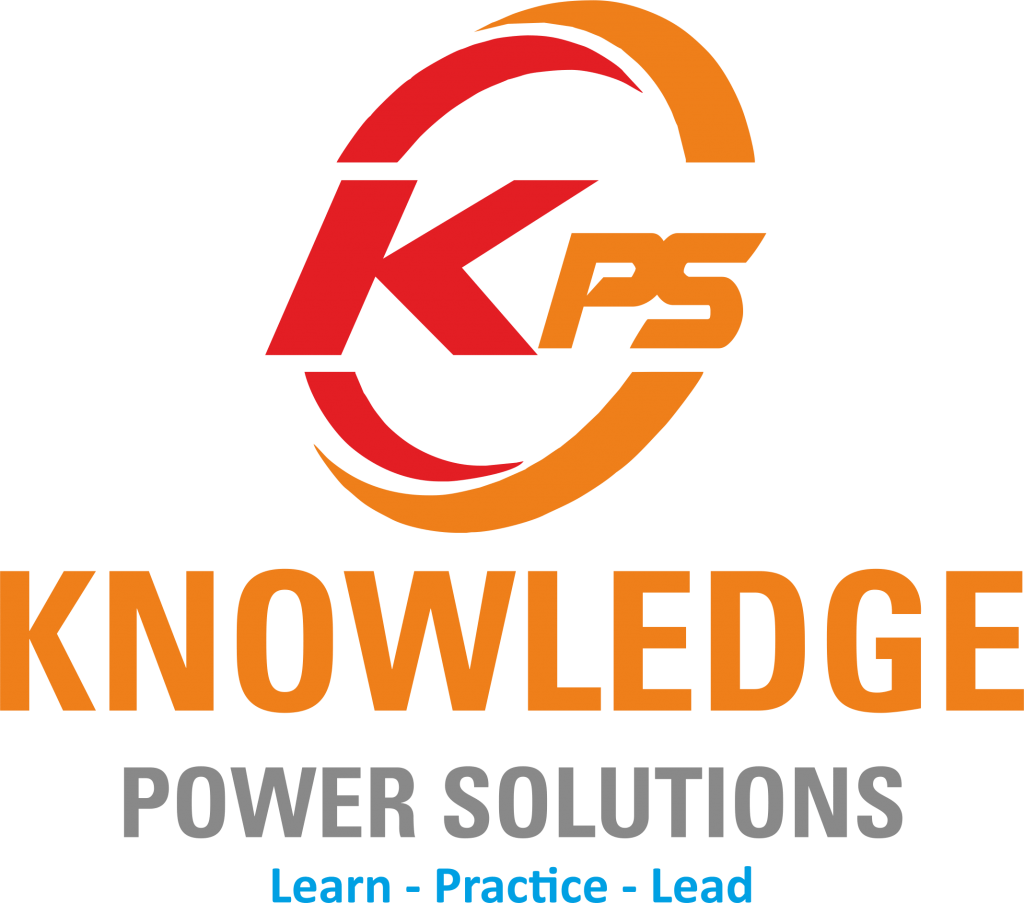Title: Creating an Effective Digital Marketing Strategy: A Step-by-Step Guide
Introduction:
Start with an overview of why a well-defined digital marketing strategy is crucial for businesses today. Mention the importance of having a cohesive plan that aligns with business goals and maximizes ROI.
1. Understanding Digital Marketing Strategy
- What is a Digital Marketing Strategy?
- Define a digital marketing strategy as a plan that outlines how a business will achieve its marketing goals through online channels like search engines, social media, email, and content marketing.
- Importance of Strategy Over Tactics:
- Explain the difference between strategy and tactics, emphasizing that a solid strategy provides direction and purpose, while tactics are the actions taken to execute the strategy.
2. Setting Clear Goals and Objectives
- SMART Goals:
- Discuss the importance of setting Specific, Measurable, Achievable, Relevant, and Time-bound (SMART) goals to guide your digital marketing efforts.
- Aligning with Business Objectives:
- Emphasize the need to align marketing goals with broader business objectives, such as increasing brand awareness, generating leads, or driving sales.
3. Identifying Your Target Audience
- Buyer Personas:
- Explain how to create detailed buyer personas to understand your target audience’s needs, preferences, and behaviors.
- Audience Segmentation:
- Discuss the importance of segmenting your audience based on demographics, psychographics, and online behavior to tailor your marketing messages.
4. Conducting a Competitive Analysis
- Identifying Competitors:
- Provide tips on how to identify direct and indirect competitors in your industry.
- Analyzing Competitors’ Digital Presence:
- Explain how to assess competitors’ strengths and weaknesses by analyzing their website, social media, content, and SEO strategies.
- Finding Opportunities:
- Discuss how to identify gaps in competitors’ strategies that your business can capitalize on.
5. Choosing the Right Digital Marketing Channels
- Channel Selection:
- Explore the various digital marketing channels (e.g., SEO, PPC, social media, email, content marketing) and how to choose the right mix based on your goals and audience.
- Integrated Marketing:
- Emphasize the importance of integrating different channels to create a cohesive and consistent message across all touchpoints.
6. Developing a Content Strategy
- Content Types and Formats:
- Discuss the different types of content (blogs, videos, infographics, podcasts) and how to choose the right formats for your audience.
- Content Calendar:
- Explain the benefits of creating a content calendar to plan, schedule, and manage your content production and distribution.
- SEO and Content Marketing:
- Highlight the importance of optimizing content for search engines and aligning it with user intent to drive organic traffic.
7. Implementing and Monitoring Your Strategy
- Execution Plan:
- Provide tips on creating an action plan to execute your digital marketing strategy, including assigning responsibilities and setting deadlines.
- Tracking and Analytics:
- Discuss the importance of using analytics tools (like Google Analytics, social media insights, etc.) to track performance and measure the success of your strategy.
- Adjusting and Optimizing:
- Explain how to regularly review your strategy, analyze data, and make necessary adjustments to improve results over time.
8. Case Studies and Success Stories
- Real-Life Examples:
- Share examples of businesses that successfully implemented digital marketing strategies, highlighting what they did right and the results they achieved.
- Lessons Learned:
- Discuss key takeaways from these case studies that readers can apply to their own strategies.
Conclusion:
Recap the key points and encourage readers to take a strategic approach to their digital marketing efforts. Emphasize that a well-planned strategy, combined with continuous monitoring and optimization, is essential for achieving long-term success in the digital landscape.


